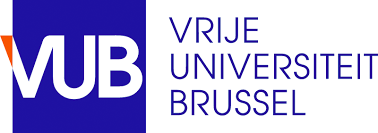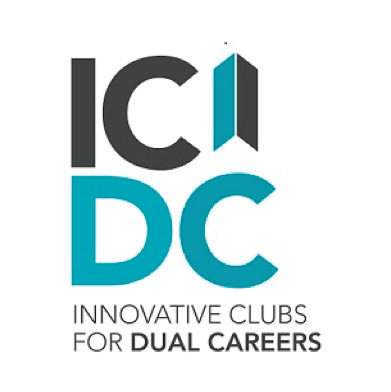DOCUMENTAL DATA BASE DUAL CAREER
 Future employability in young athletes, the importance of dual career skills development.
Future employability in young athletes, the importance of dual career skills development.
The purpose of this study was to examine how and during which processes transferable competencies in dual career (DC), like Dual Career Management, Career Planning, Emotional Awareness and Social intelligence and Adaptability skills be trained within the sport sector and develop content for online education in and through sport with special focus on soft skill development in dual careers of athletes to help them entering the labour market.
 Life skills development through sport current status and future directions
Life skills development through sport current status and future directions
This review is designed to summarize and critique current life skills through sport research. In particular, life skills are defined, the conditions needed to examine life skills development are explored, and the possible theoretical explanations of how, when, under what conditions and why life skills develop in sport participants are discussed. A heuristic model of coaching life skills is offered. To conclude, future research directions are forwarded and include the need for: (a) quantitative and qualitative research; (b) the development of valid life skills through sport measures; (c) an examination of sport program type differences; (d) evaluation research; (e) longitudinal studies; (f) studies focusing on identifying theoretical explanations for the life skill development sport participation link; (g) the utilization of experimental designs; and (h) an examination of the transferability of life skills. The importance of conducting this type of research for both theoretical and practical reasons is emphasized.
190228-B-WISER-Toolbox-for-Career-Practitioners-
This toolbox was designed to assist career practitioners in their work with active and former elite athletes. The ten tools in this toolbox aim at optimizing athletes’ transition from elite sport to the job market by increasing athletes’ awareness about their competencies and enhancing the matching process with employers. The tools in this toolbox are based on the challenges and needs of active athletes, former athletes and ‘elite sport and employment stakeholders’ (incl. employers, representative bodies of athletes, sporting bodies, educational bodies, and career support providers). Their needs and challenges were expressed during the B-WISER project by more than 1000 athletes and 500 ‘elite sport and employment’ stakeholders during questionnaires, focus groups, workshops and symposia. In the tools, you will find reference to athletes’ and stakeholders’ needs and challenges in the ‘Why?’ section. With this toolbox and under the slogan “It’s never too early (or late!) to prepare for life after sport” we aim to increase awareness about the importance of assisting athletes in their vocational development, and hope to inspire and assist career practitioners and related stakeholders in optimizing their existing support and/or developing new support services.

https://www.dualcareertools.com/
The online environment www.dualcareertools.com will soon be online! The website will host 3 self-assessment tools for athletes & dual career support providers. All based on scientific research, these tools will help active elite athletes, former elite athletes, and dual career support providers to better understand their competencies required for:
- a successful dual career in sport and education (active athletes)
- a successful transition into a new professional career (active & former athletes)
- providing quality support to athletes in a dual career (DC support providers).

ICDC Guidebook Best Practices DC
Dual Career is the successful combination of education, training or work with sport to enable an individual to reach his / her full potential in life.
IT IS ESTIMATED THAT CURRENTLY, ACROSS THE EU, ABOUT 120.000 YOUNG INDIVIDUALS ARE IN A ‘SITUATION’ OF DUAL CAREER.

